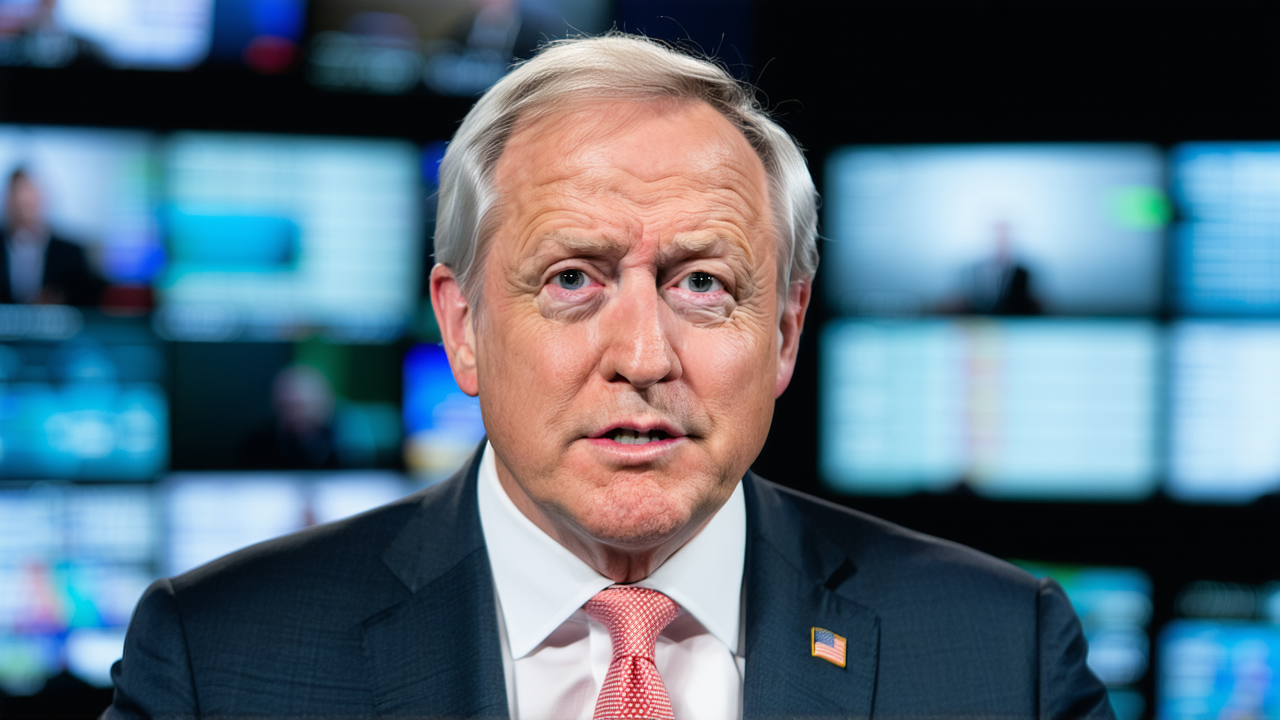Prime Minister Christopher Luxon 'Taking On' NCEA, Flags Changes Could Be Profound
Prime Minister Christopher Luxon 'Taking On' NCEA, Flags Changes Could Be Profound
In a bold move, Prime Minister Christopher Luxon has signaled a major overhaul of the National Certificate of Educational Achievement (NCEA), a cornerstone of New Zealand's secondary education system. Luxon, who has been vocal about the need for reform, described his government's plans as potentially “profound” in response to a recent government briefing that highlighted significant flaws in the system.
Speaking on Newstalk ZB's Mike Hosking Breakfast, Luxon emphasized that the government is prepared to take action following the report's warning bells. He acknowledged that concerns from parents, teachers, and school principals have highlighted the need for a more rigorous and globally competitive education system.
The recent government briefing raised serious questions about the credibility of NCEA, particularly its flexibility in allowing students to choose assessments that may be easier to accumulate credits. This, according to the report, could lead to courses being structured around perceived “easier” pathways rather than ensuring a comprehensive education.
Luxon stressed that the government is committed to ensuring that New Zealand students are not only well-educated but also equipped with the skills needed for the modern workforce. “Everything’s on the table,” he said, “because genuinely, there’s nothing more important than getting our kids well educated.”
He posed a critical question: “Are our kids at 15, 16 as well educated as their counterparts in Australia or Canada or Ireland?” Luxon argued that the education system must be globally comparable and must provide students with a solid foundation for future success.
Education Minister Erica Stanford, who has been vocal about the need for reform, confirmed that the government is taking the issue seriously. She has already announced a $120 million investment in building new classrooms, as well as the establishment of a new school property agency. These efforts are part of a broader push to improve infrastructure and ensure that students receive a high-quality education.
Luxon also pointed out the economic implications of the education system. “The biggest thing that will impact the New Zealand economy is actually our ability for our talent, through education, to be able to access those high-paying jobs,” he said. He used the example of building a four-lane freeway from Auckland to Whangārei, emphasizing the need for students to have strong mathematical and literacy skills.
With the government poised to take on NCEA, the coming months will be crucial in shaping the future of New Zealand's education system. The reforms could have far-reaching effects, not only for students and educators but also for the country’s economic and social development.
